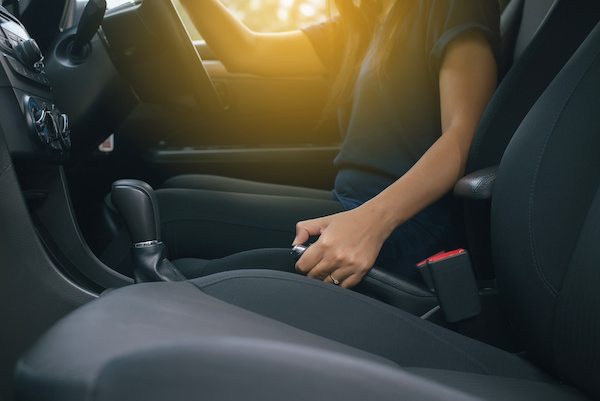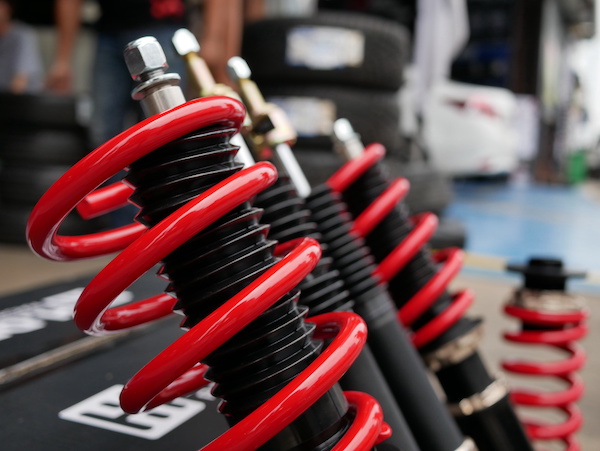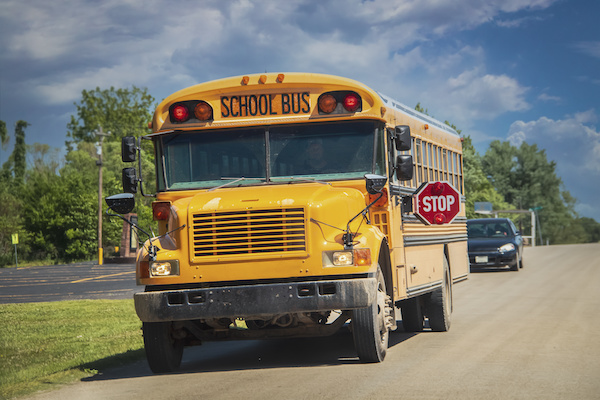Posted on 12/30/2022
.jpeg)
Car batteries are essential components of a vehicle, providing the power needed to start the engine and keep it running. Unfortunately, car batteries can die in the winter due to various factors. In fact, the cold temperature reduces battery life by 20% to 50%. So, why does the cold use up the battery's energy? This article will discuss two of the most common reasons car batteries die during winter. Cold Temperatures The cold temperatures of winter can be tough on car batteries. As temperatures drop, the chemical reactions that power the battery slow down, reducing its ability to hold a charge. This can cause the battery to die prematurely, leaving the driver stranded. Additionally, cold temperatures can cause the battery fluid to freeze, which can damage the battery's internal components and lead to a complete failure. It is crucial to keep the battery warm by parking in a garage or using a battery blanket to prevent this from happening. Lack of Use Another common reason ... read more
Posted on 11/10/2022

Most motorists are led to believe that the emergency brake should only be used on rare occasions, that it shouldn’t be touched unless an emergency is occurring. Maybe, they feel like they should only use this parking brake when parked on a steep hill. While you should use the parking brake in those conditions, it is best to use the parking brake every day or as often as possible. 1) Parking It doesn’t matter whether you drive with an automatic or manual transmission, you should always utilize the parking brake. When parking, please remember to engage the emergency brake before putting it into parking gear. Not only will this give you added stability when parking on steep hills, but it will relieve stress on the transmission and other components. Many people are left to believe that this secondary brake component isn’t necessary when parking on flat ground. However, it is a great habit to get into. 2) Emergencies Obviously, th ... read more
Posted on 10/28/2022
.jpeg)
The radiator is part of your car's cooling system. The radiator requires maintenance to keep it functioning properly. Flushing your radiator will ensure it properly cools your engine. It also removes dirt, rust, and other particles that will accumulate in the radiator with time. The coolant is a mixture of water and antifreeze, which can do irreparable damage to your vehicle when contaminated. Read on to find out how often you need to flush your car's radiator. Why You Need To Flush The Radiator Removing scale deposits and rust, which build up in the radiator, is a reason for flushing it. The scale and rust will be washed out with the antifreeze as you flush the radiator. Build-ups will lead to overheating, which will damage your radiator hence the importance of flushing the radiator. Flushing the radiator also lubricates the water pump. Coolant additives lubricate the water pump in your car. Flushing the radiator helps prolong the lifespan of the water pump and makes it fun ... read more
Posted on 9/29/2022

Your automobile either has shocks, struts, or a combination of both that make up the backbone of the suspension system. While they are made to last a long time, they don’t last forever (so don’t let them slip your mind). When shocks or struts wear out, the quality of your vehicle ride may suffer. As it worsens, it may feel unstable, shaky, bouncy, or worse. Here are some other signs that indicate your shocks or struts are due for a replacement: Instability with Acceleration - If your automobile gets more unstable at higher speeds, it means that your suspension is not properly absorbing all the road impacts. Your car may feel wobbly as you hit any uneven surfaces. Tipping with Turns - If your car leans to the side on turns a little too much, it means your shocks and struts are on their way out. Front Nose-Drives - If the front of your vehicle dips down whenever you brake, it is a sign that your suspension has gone bad. Bouncy Tires - If your tires feel like t ... read more
Posted on 8/30/2022

Back-to-school season is amongst us, which means kids will be in school buses, walking, biking, or riding with their parents. Traffic congestion will be back and worse than ever, which means you have a larger responsibility to keep safe. Follow some of these driving tips below to keep everybody in your community safer. When driving in a school zone, be sure to do the following: Follow the speed limit as the speed is significantly lower in school zones. Keep away from distractions, including your phone. Pull over if you need to use your phone. Load and unload children in a safe location, away from traffic. Stop and yield to pedestrians crossing visible crosswalks or intersections. Be careful around parked cars and bike lanes. Carpool to reduce the pollution and traffic for school. Avoid blocking intersections and crosswalks. It is more dangerous for pedestrians to go around your vehicle. Be patient with school buses. They might drive slower than normal ... read more